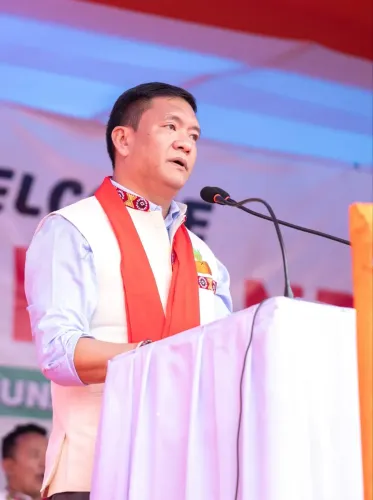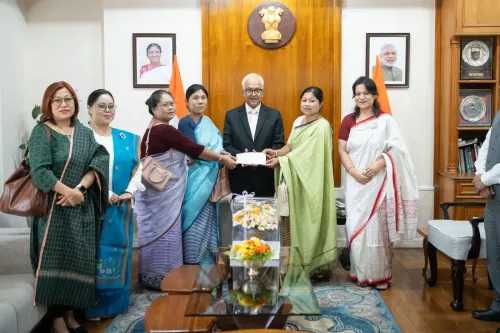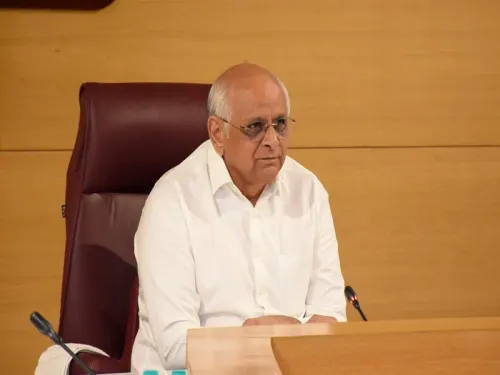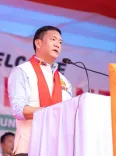Union Power Minister Reports Rural Power Supply Increase to 22.4 Hours from 12.5 Hours in 2014
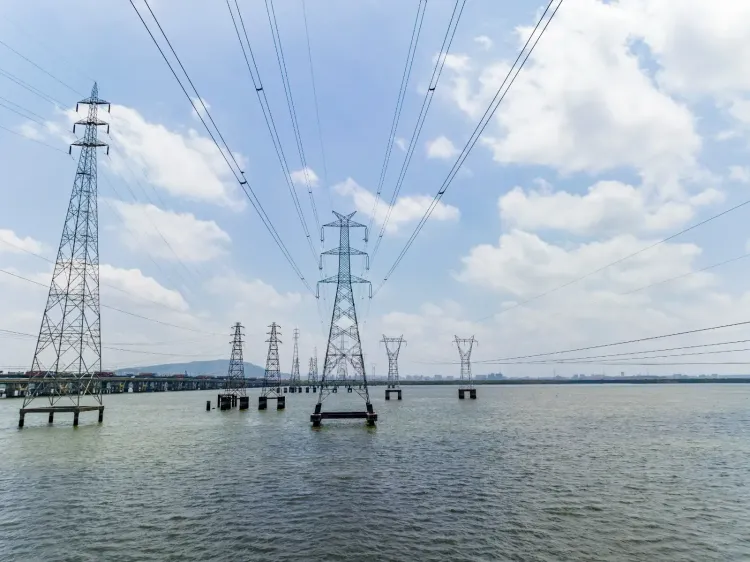
Synopsis
Key Takeaways
- Power supply in rural areas has increased from 12.5 hours to 22.4 hours.
- Urban power availability improved from 22 hours to 23.4 hours.
- Smart meters enhance energy efficiency and reduce billing errors.
- Every census village is now electrified.
- The government aims to improve service quality and promote rooftop solar.
New Delhi, Jan 18 (NationPress) The power availability in urban areas has improved from 22 hours to 23.4 hours over the past decade, while in rural areas, it has seen a remarkable increase from 12.5 hours to 22.4 hours, stated Union Power Minister Manohar Lal on Saturday.
Highlighting the significance of smart meter installations, the Union Minister pointed out that these devices are advantageous for both consumers and distribution companies. They help in reducing billing errors, improving energy efficiency, and offering enhanced convenience for users, aiding DISCOMs in minimizing losses, optimizing power purchase costs, and integrating renewable energy.
The minister addressed a meeting of the Consultative Committee of the Members of Parliament for the Ministry of Power to deliberate on the Implementation of the Revamped Distribution Sector Scheme (RDSS).
Manohar Lal underlined the need for additional generation and transmission capacities to meet the country’s ever-increasing demand.
He also reported that every census village in the nation is now electrified, with the new goal being to elevate the quality of services to enhance the ease of living for consumers.
The Ministry of Power, in collaboration with the Ministry of New and Renewable Energy, has initiated numerous measures to ease the challenges faced by consumers in installing roof-top solar systems under the PM Surya Ghar Muft Bijli Yojana.
These initiatives encompass waiving the Technical Feasibility Study requirement for connections up to 10 kW and implementing deemed load enhancement for RTS installations up to 10 kW.
The minister urged state governments to spearhead initiatives to promote rooftop solar schemes for consumer benefits.
Shripad Yesso Naik, Minister of State for Power and New and Renewable Energy, emphasized the pivotal role of the Revamped Distribution Sector Scheme (RDSS) in enhancing service quality and fostering consumer trust.
“The successful execution of projects under RDSS would bolster the financial sustainability of DISCOMs while ensuring the provision of reliable and high-quality power to consumers,” Naik remarked.
The government has introduced RDSS with a financial outlay of Rs 3,03,758 crore, including an estimated gross budgetary support (GBS) of Rs 97,631 crore from the Central government.

